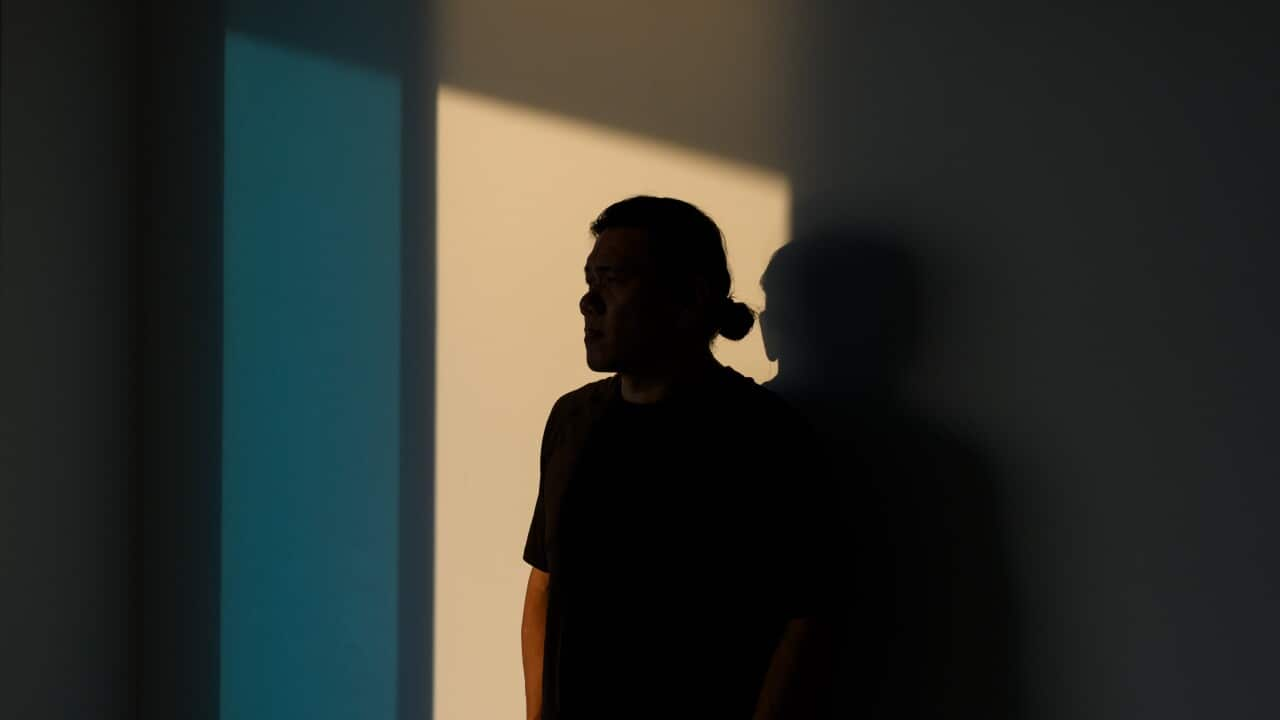Queenslander Jon told SBS Examines he was confronted to realise his views towards immigration and relocation had shifted since experiencing financial hardship.
Living in a rural area during the housing crisis, he said he was competing for rentals with people looking to extend their working holiday visas.
“If you don’t have the money to compete, you’re out of luck,” he said.
“I grew up in (the) inner city, and was always around all the benefits of multiculturalism. I suppose that’s not how I feel now."
Jon isn’t alone in his thinking.
The Scanlon Institute's social cohesion index found people struggling financially score lower on most metrics measured.
“They’re more likely to identify themselves as having a lower sense of belonging, a lower trust in government, they generally trust other people a little bit less, and often feel quite isolated from others," CEO Anthea Hancocks said.
“They also think that life in Australia isn’t going to get any better, and can feel migrant diversity probably doesn’t make Australia stronger.”
Community leader in Sydney’s Northern Beaches, Rachael Leah Jackson is trying to bring people together after seeing a widening divide between those experiencing financial stress and the wealthy.
“There is a lot of poverty and there’s a lot of need and disconnection. People are lonely, and I know that loneliness,” she said.
“At the end of the day, community is the strength of who we are, and so we have to stick together and help each other.”
This episode of SBS Examines explores how cost of living pressures are dividing our communities.









